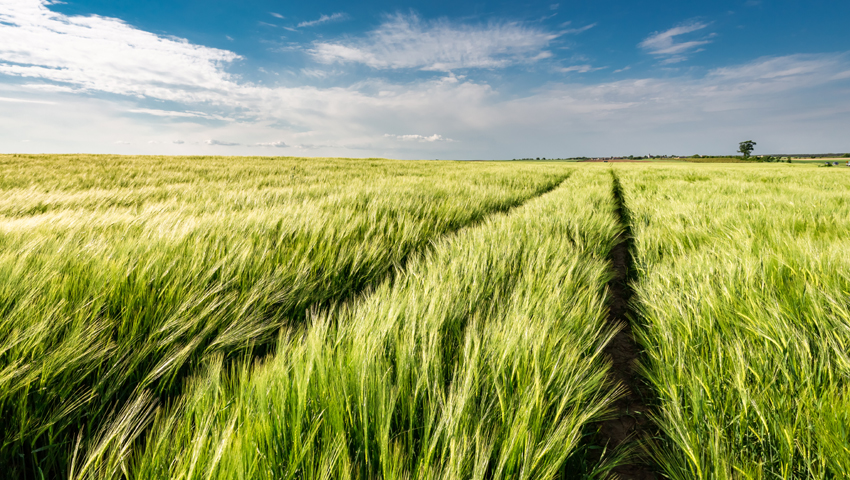Two of Ireland’s leading drinks companies are joining forces to promote regenerative agricultural practices in barley farming. Irish Distillers and Heineken Ireland are working together on a three-year collaboration to support malting barley farmers adopting regenerative agricultural practices on their farms.
This pilot is part of a global collaboration initiated by Heineken and Pernod Ricard on the resilience of agricultural raw materials. Learnings from the Irish study, including information on the environmental impact of the measures adopted, will be shared and leveraged by both companies to inform sustainability strategies for other raw materials.
Each year, the Irish drinks industry is supported by grain production from over 2,000 farmers producing approximately 300,000 tonnes of grain from approximately 45,000 hectares.
Avril Collins, Corporate Affairs Director at Heineken Ireland, said “Heineken is one of the first global brewers to have pledged net zero carbon emissions across the value chain by 2040, and working with the source of our main ingredients is key to understanding how we can reach this goal, as agriculture accounts for 33% of our global footprint.”
The overarching aim of this initiative is to support each farm’s transition towards regenerative agriculture and share this knowledge with other farmers, ultimately improving the economic and climatic resilience of malting barley farming in Ireland.
Bastien Sachet is CEO of the Earthworm Foundation, a not-for-profit organisation working to deliver the project. He said “We are very happy to partner with Heineken and Irish Distillers on this project. At Earthworm, we believe improving soil health is key to positively impacting climate and biodiversity. Switching to regenerative practice will ensure farmers have healthier soils and can thrive economically while continuing to produce the raw materials our society needs. Through this project, the whole value chain from farmer to brand joins forces around soil health to realise a common vision. We are excited to be a part of and contribute to this collaboration”
As part of the project, Earthworm will measure various metrics in participating farms, such as soil cover, fertilizer usage, water infiltration and profitability. A report detailing the performance of each farm against defined indicators and areas for improvement will be shared with each farmer so the impact of the new farming practices can be assessed.
An annual report will also be publicly available to track progress and share learnings and best practices. A financial incentive will be provided to farmers to support the cost of implementation and in-field experiments.
